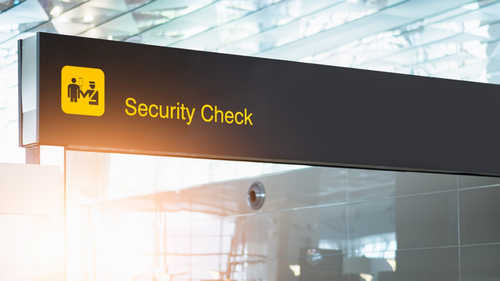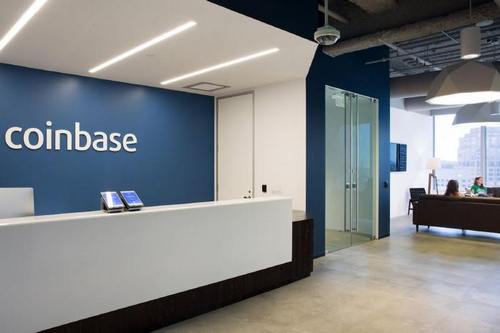Formerly known as VChain Technology, Zamna’s round was joined by International Airlines Group (IAG), the parent firm of British Airways. IAG is an existing investor and now a commercial client of the firm, as reported by TechCrunch on Monday. Seedcamp, the London Co-Investment Fund (LCIF), Telefonica and unnamed angel investors also participated.
Blockchain firm Zamna has raised $5 million in a seed funding round led by VC firms LocalGlobe and Oxford Capital for the continued development of its airport security system.
Founded in 2016, Zamna provides a blockchain bridge for siloed biometric and security information between airlines, governments and security firms. The tech requires no additional infrastructure developments through Zamna’s blockchain, the firm claims.
“There is a preconception that when you arrive at the airport somehow – as if by magic – the airline knows who you are, the security agencies know who you are, and the governments of departure and destination both know who you are”, Zamna co-founder and CEO Irra Ariella Khi told TechCrunch. “The reality is far from this. There is no easy and secure way for airlines and government agencies to share or cross-reference your data.”
Writing in a company blog, LocalGlobal partner Remus Brett explained that Zamna’s protocol can be implemented on other transportation networks as well, a factor that led to the firm investing in the company.

Brett said:
“There is no reason the technology cannot be extended to the rail and maritime industry or in fact any points of border control, or anywhere requiring individuals to assert their identity credentials.”
‘Clicks and Bricks’ Strategy to Drive Korean Users to Terra’s Blockchain
A South Korean mobile payments dapp is rolling out a back-to-basics “clicks and bricks” growth strategy to boost retail adoption.
Rather than an advertising blitz or sending an army of bots to make their case on social media, Terra Blockchain’s CHAI dapp is focusing on where customers actually transact to buy stuff.
Founder David Shin told CoinDesk said customers are drawn to a network of popular online merchants accepting CHAI, including one of Korea’s largest e-commerce sites TMON, which Shin founded and chairs, along with online craft market Sinsang Market and music streaming service Bugs.
The app claims some 500,000 registered users, with two-thirds returning monthly, and repeat customers averaging $19 spent per visit. Since launching in June, CHAI has posted daily figures averaging 40,000 users, Shin said, with total spending over the app exceeding $54 million.
“It’s not like we’ve captured these users who tried it once, thought it was nifty and went back to their existing products.”
Online is set to become in-real-life, when the Korean convenience store CU begins accepting CHAI payment at all its 14,000 locations in December.
Designing better payments
Terra’s payment rail is built on two separate cryptos: the terra stablecoin for moving funds across the network and a token, luna, held by miners entitling them to small transaction fees – between 0.1 and 1 percent, according to the Terra white paper.
“Terra and CHAI were meticulously designed from day one to drive mass adoption and deliver the right kind of value, to be able to drive millions of customers to use it”, Shin said.
Giants are coming, however. The stablecoin needed out maneuver leading digital payment rails in Korea such as Kakao and Samsung Pay. Koreans may be embracing digital payments more than others yet a report from The Asian Development Bank Institute still indicate 70 per cent of mobile point-of-sale payments are still linked to credit cards.
Though Koreans are embracing digital payments reports that in the first half of 2018, 70 percent of mobile point-of-sale payments were still linked to credit cards.
For Terra, Shin says the advantage lies in credit card fees that charge vendors as much as 3 percent per transaction. By routing those payments through the Terra blockchain, Terra has lowered merchant fees to 1 percent or less, saving vendors an aggregate $810,000 in its first four months.
“Our value proposition is exactly what these merchants are looking for”, Shin said.
The payments app received $32 million in funding in Summer 2018.


